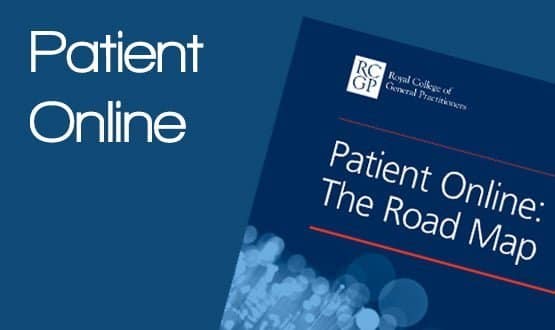Patient Online accelerates
- 3 April 2014

Around 25 accelerator sites and ten digital champions are being recruited as part of NHS England’s Patient Online programme to deliver online records access to patients within a year.
National clinical lead for general practice at the Health and Social Care Information Centre Dr Peter Short told EHI a “couple of dozen” practices have been recruited as ‘accelerator sites’.
They will be mentored and supported to develop their patient online services by NHS England and the HSCIC with the aim of spreading their experience to other areas.
Dr Short said the accelerator sites include a range of practices, some of which currently offer no online patient services and others that are well developed. He added that they are not all “enthusiasts” as the aim is to get a range of views and experiences of implementation.
“The technology is not the big challenge, but managing the change within these organisations, so we’re putting more dedicated resources in, not telling them how to do it, but learning how they find their way through,” he said. “Some of the lessons will be challenging, we will learn about areas that are difficult to solve but we have to address those."
Issues include ensuring access for patients with poor health literacy or no internet connection as well as third party information being in the patient record.
The accelerator sites will be backed up by a group of ten clinical champions who have experience of patient online interaction. They are a range of doctors and nurses who will cover a geographic area and spend one day a week in the role.
The aim is to regularly publish updates on ‘lessons learned’ at the accelerator sites. Health secretary Jeremy Hunt has pledged that all patients that want it will have online access to their GP record by March 2015.
The new GP contract specifies the minimum that GPs must offer in terms of patient access by this date, which is appointment booking and ordering of repeat prescriptions online as well as access to the core medical information held in a patient’s Summary Care Record.
Dr Short said practices do not strive to deliver the minimum in their contracts, but will go above and beyond that. What dataset is safe and useful to present to patients in terms of records access is a piece of work being done in consultation with professional groups such as the British Medical Association.
The new GP Systems of Choice contract will also, for the first time, fund patient facing services and encourage suppliers to increase uptake of these amongst both practices and patients. It includes a number of subsidiary suppliers that will be centrally funded to provide patient online services.
“Come April, for the first time, we have the recognition that patient online services are now regarded very much as part of the core offering from GPs,” said Dr Short.
He believes GPs have moved from being deeply sceptical about offering online records access to recognising it as an opportunity for changing the way they interact with patients, for the better.
Around 65% of practices have already enabled some kind of patient online service, mainly transactional services such as booking appointments.
NHS England is also sponsoring a piece of work with the HSCIC and the BMA and RCGP joint IT committee looking at identity verification of patients. Dr Short said this is a very important issue and where some best practice guidance will be especially useful. Early drafts are being worked up and will be out for consultation in early April.
Read more about the work being done to develop Patient Online in Rebecca Todd's interview with Dr Peter Short in Insight.




